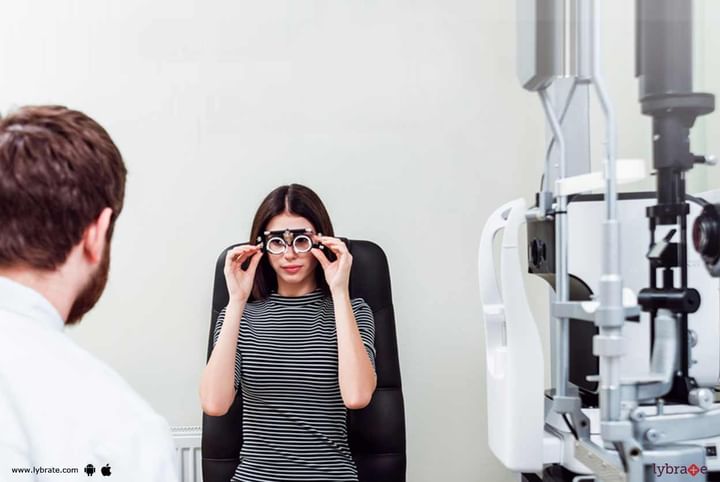Ophthalmologist - Why To Visit One?
When was the last time you visited an ophthalmologist? Chances are that unless you faced a problem in your eyes recently, it must have been months or even years. Most people only visit an eye specialist’s clinic when they experience some eye problem. This is not a good practice since the best way to avoid severe eye complications is to detect them in their early stages. Since some eye conditions are asymptomatic in their early stages, these conditions cannot be detected without a comprehensive eye exam. Either you must be aware of warning signs or visit an ophthalmologist once a year to avoid eye problems getting severe.
Warning signs that need immediate attention
- Blurry Vision: If your vision has suddenly got blurry or you are not able to focus clearly on objects, then this can be due to an underlying health issue. In case the blurry vision is in any one eye, and it comes and goes, an eye examination must be scheduled as soon as possible.
- Obstructed Vision: If you are experiencing any visual disturbances in the form of flashes of light, floaters or obstruction of vision, then you need to visit an eye specialist within 24 hours. Such symptoms may be the result of some underlying retinal pathology or may lead to retinal detachment, retinal tear or retinal hole.
- Far or near sight: Over time, some people tend to shift their books or computer screens a little further away from their usual reading distance to improve clarity. This can be a sign of gradual blurring of vision, and it indicates that it’s time to have your eyes examined. The reverse also calls for the same. If you are reading a book or viewing the TV or computer screen closer than usual, then you need to visit an eye specialist.
- Headaches: Another sign that indicates vision problems is headaches. If you are experiencing frequent headaches, then this is a sign of vision problem. Since vision change is usually slow and imperceptible in its initial stage, a frequent headache serves as a warning sign.
- Ear pain: Temporary eye pain or strain is normal and is not a cause of worry since it usually occurs during seasonal changes or cold and flu. However, persisting eye pain or fatigue that last for over a few days is an indicator of some eye infection or serious health condition.
- Squinting: Other than that, squinting is one of the most common warning signs of future eye problems. Squinting reduces extraneous light from entering the eye and reduces light scattering. This act helps improve vision but is an unnatural reaction and is one of the first signs for children who need prescription glasses. If you squint more than normal, then it is time for you to have your eyes checked.
- Irritation and redness: If you are experiencing itchiness, redness, and discharge from your eyes, then you may have an eye infection. Consult your eye specialist and have the infection treated as soon as possible to avoid further complications.
Prevention is always better than cure and eyes are one part of your body that you most likely ignore unless the problems start looming large. When the warning signs are felt, it is better to seek medical attention to rule out any sort of complication.



+1.svg)
